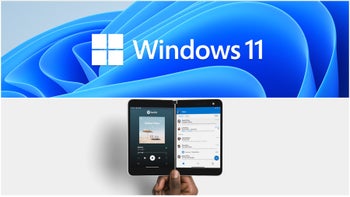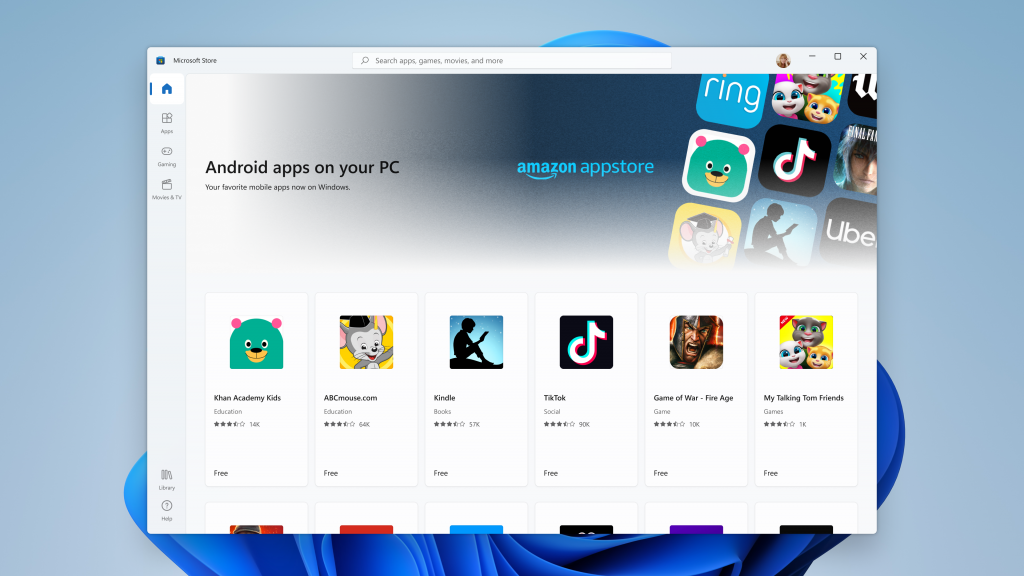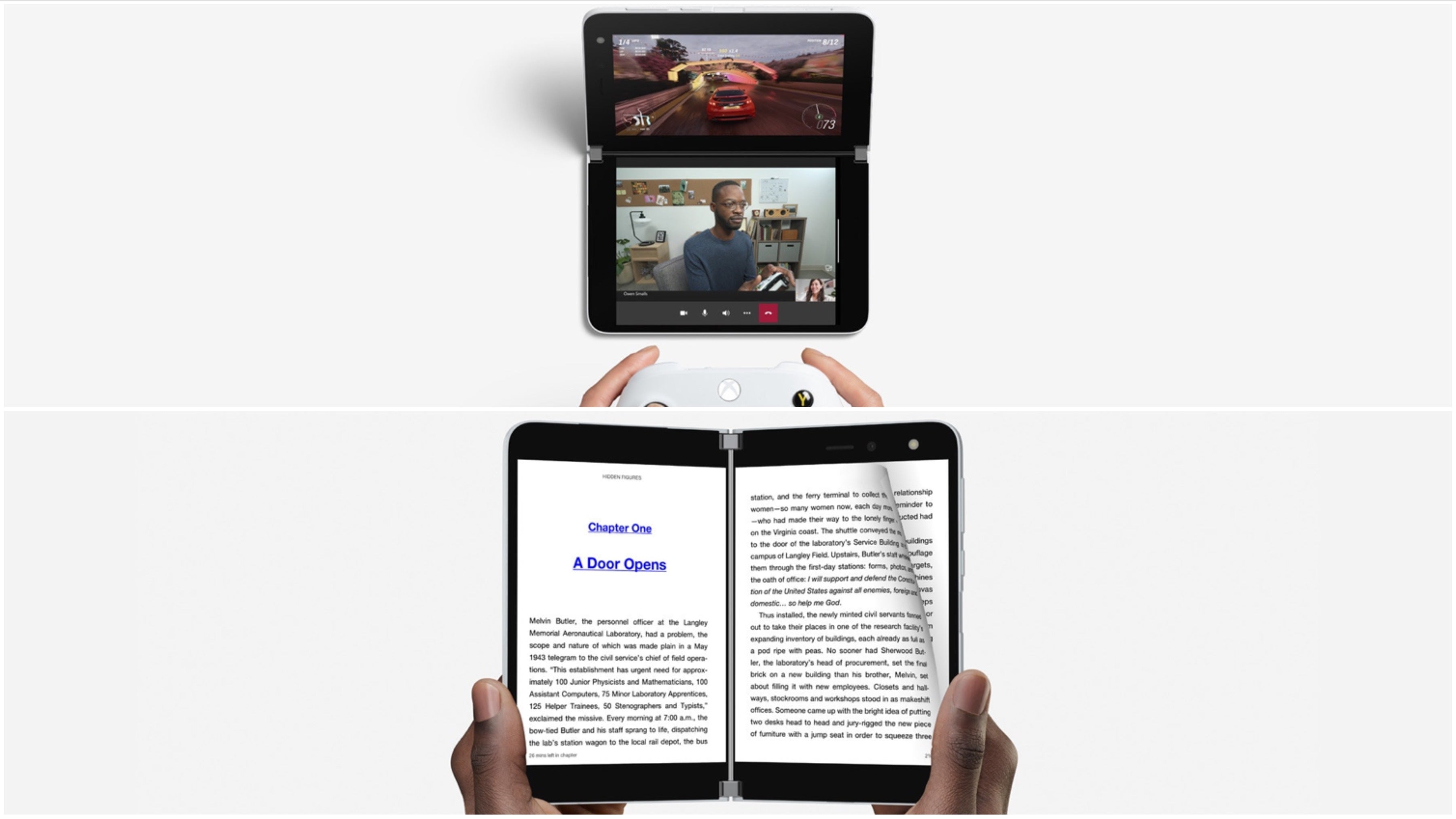The Windows 11 phone is a thing... but probably not what you expected

Windows Phone - iPhone and Android competitor, and one of Microsoft's most expensive fails...
Surely, this experiment must have been conducted just for fun. We don't expect or imagine anyone trying to hook up a mouse and a keyboard to a Lumia 950 XL and call it a computer.

The interesting thing about Windows 11 is that it will support Android apps. As of now, this feature isn't available, but it's said to come soon. It will work through Amazon's app store, which will allow you to download apps like TikTok on your Windows 11 machine. Microsoft's move towards bringing mobile apps on Windows isn't a coincidence. It comes almost a year after Apple introduced the M1-powered MacBooks, that can also run mobile apps.
Historically, Android and Windows haven't had the the most successful relationship. Not that they didn't try... they did. However, the whole reason behind the lack of apps on Windows Phone. The great thing about Windows Phone devices was that they didn't need much power to run well. The interface was boxy, with sharp corners and big tiles, which were easy to hit.
Today, modern phones have moved towards curved designs, which are reflected in the Android interface. Which way is better? We can't say, but we definitely look back at Windows phones with nostalgia about what could have been another worthy iOS competitor which had the potential to push innovation further.
Windows Phone was unveiled in Barcelona during MWC 2010. A number of phone manufacturers were initially on board, such as Samsung and Nokia. The former realized that Android has bigger potential and stuck with it, while Nokia... didn't.

The interesting thing about Windows 11 is that it will support Android apps. As of now, this feature isn't available, but it's said to come soon. It will work through Amazon's app store, which will allow you to download apps like TikTok on your Windows 11 machine. Microsoft's move towards bringing mobile apps on Windows isn't a coincidence. It comes almost a year after Apple introduced the M1-powered MacBooks, that can also run mobile apps.
Windows Phone: What happened?!
Historically, Android and Windows haven't had the the most successful relationship. Not that they didn't try... they did. However, the whole reason behind the lack of apps on Windows Phone. The great thing about Windows Phone devices was that they didn't need much power to run well. The interface was boxy, with sharp corners and big tiles, which were easy to hit.
Today, modern phones have moved towards curved designs, which are reflected in the Android interface. Which way is better? We can't say, but we definitely look back at Windows phones with nostalgia about what could have been another worthy iOS competitor which had the potential to push innovation further.
Windows Phone was unveiled in Barcelona during MWC 2010. A number of phone manufacturers were initially on board, such as Samsung and Nokia. The former realized that Android has bigger potential and stuck with it, while Nokia... didn't.
Nokia was in a good relationship with Microsoft because of Stephen Elop, who started off as the head of Microsoft's Business Division and left to become the CEO of Nokia. Elop later returned to Microsoft as Executive Vice President of the Microsoft Devices Group.

Android apps are coming to Windows 11 thorough Amazon's app store.
Ever since the two companies simply had to get along. The concept and idea started to pick up, and Nokia made some of the best camera phones on the market. However, this wasn't enough to catch up with Apple and Android's momentum, which was built over years of experience.

The Surface Duo introduced some great ideas for multitasking, which didn't take it very far.
Nokia went on to form an alliance with HMD, which is going... better, while Windows eventually returned to the smartphone business with a "foldable phone," which looks like what would happen if you were to glue two phones together. The Surface Duo had large bezels, a mediocre camera, and an unpolished UI.
Now, we hear rumors of a supposed second-generation Surface Duo device. Despite all the challenges that Microsoft seems to be running into when trying to make a phone, we remain cautiously optimistic.










Things that are NOT allowed: